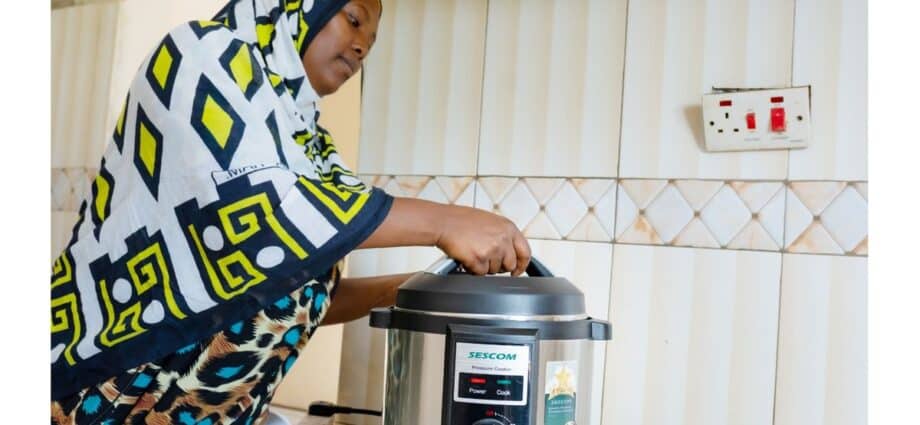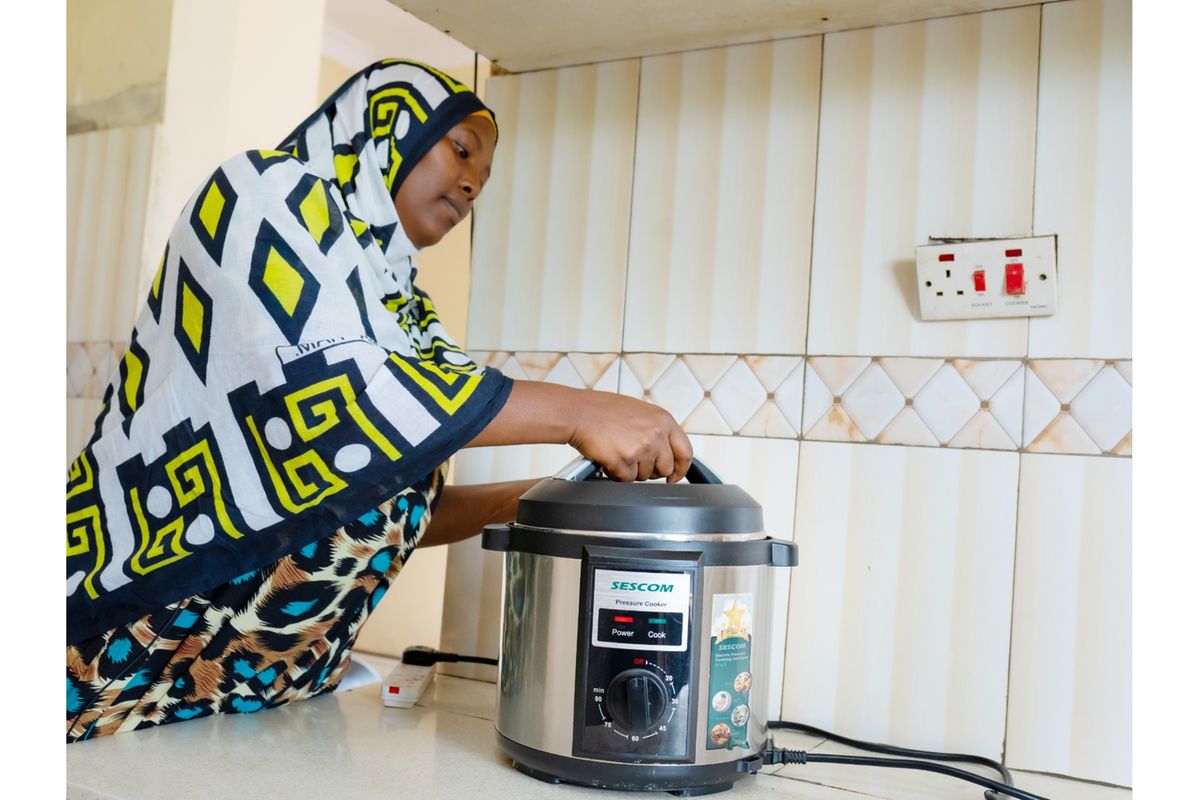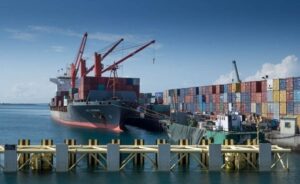By Imanuel Muro
In Tanzanian homes, 90 percent of the primary energy supply comes from firewood and charcoal, which has negative effects on health and the environment.
Approximately 97 percent of rural households population are exposed to high levels of smoke from indoor cooking, leading to more than 33,000 premature deaths annually.
Besides, according to the UN Food and Agriculture Organization (FAO) from 2015 to 2020, Tanzania lost 470,000 hectares of forest per annum. Between 2000 and 2020, Tanzania’s tree cover decreased by 11, as estimated by Global Forest Watch.
Under its ten-year National Strategy for Clean Cooking Energy (NSCCE-2024-2034), Tanzania seeks to raise the population using clean cooking energy to 80 percent. A key aspect of behavior change involves the free will of individuals and household discretion as opposed to forceful intervention by the government. Affordability is the key consideration that influences adoption and choice. Additionally, the value or price attached to change will therefore need to be disclosed for targeted individuals and households to make informed decisions. These factors are critical for sustained and impactful change. While certain aspects of the value or price can easily be quantified and monetized others are difficult to measure though they are equally critical for individual preferences and choice. Towards this broad national initiative, affordability of solutions is referred to as being relatively cheap enough for people to buy. However, will affordability in this context address the clean cooking problem? Are solutions contextualized to reality?
What, for instance, would happen if a particular technology like LPG or e-cooking is provided as a token or for free? Would most people change to a cleaner solution? This is a critical question and consideration as we embark on a broad national awareness campaign. The proponents of end-user affordability believe in stimulating demand from the lower end of the value chain to trigger other key variables like industrial investments, private sector participation, enhancement of supply chain infrastructures, technological and digital innovation and engagement of financial institutions among others. While it partially remains valid, it is worth noting that the transition from the use of charcoal and firewood is interdependent as opposed to cause-effect linear variables which can easily be used to predict the change patterns or quantifiable outcome(s).
The issue of affordability goes hand in hand with accessibility because the cost of changing towards electricity or LPG for a family residing near the village forest (access) is much higher than the price of continued use of charcoal and firewood purely because of availability. Therefore, the next feasible option is to maintain the status quo by using charcoal and firewood. Alternatively, factoring in the real monetary value of a 15-years matured tree in the price of charcoal or firewood, the cost of charcoal would not be as cheap as it is now. If access to the forests and tree cutting will be free as it is now, the price of charcoal and firewood will continue, in monetary terms, it is conceived as a cheap cooking energy source. With the current dynamics, people will continue using charcoal until the forests are depleted. The question on who owns the forests and related lands, and why charcoal producers have free access will continue resurfacing because “if the costs of change is bigger than the price of remaining the same, the envisioned transformative change will be minimal. Notably, the cost of change is a critical aspect of affordability and policy interventions.
According to an ESCAP study, switching to cleaner fuel reduces fuelwood consumption, fuel collection time, cooking time, and exposure to carbon monoxide. Avoidance of all these factors or costs needs to be included in the affordability equation. There are views that many households cannot afford the initial investment to switch to cleaner alternatives which is not disputed. For example, the Tanzania National Clean Cooking Energy Strategy notes that a 15 kg LPG cylinder with gas costs an average of Sh110,000, while a double-plate stove costs Sh50,000. This is not encouraging growth. Additionally, the 2023 World Bank report indicates a slow and gradual increase in the use of clean cooking solutions in Tanzania, rising from 1.5 percent in 2010 to 6.9 percent in 2021. The slow uptake can also be attributed to the fact that most rural households are located near forests and, therefore, have convenient access to free or low-cost wood. However, it doesn’t reveal why only 10 percent of Dar es Salaam City households with middle and above average incomes are using electricity for cooking while 80 percent are connected to electricity. It remains a point for further exploration whether purchasing power or affordability is the key entry barrier to clean cooking transition.
The availability of charcoal and firewood is finite. Given the size of forests, natural regeneration, population increase, urbanization and rate of deforestation (459,000 ha per annum) it is possible to determine when the country will likely run out of forest reserve. The proponents of sustainable production and use of charcoal and firewood as an affordable fuel should consider this as part of the transitioning strategy and not a lasting solution. In the long run charcoal and firewood are the most expensive fuel taking into account both qualitative and quantitative variables.
Imanuel Muro is a CookFund Programme Manager and UNCDF Senior Finance Specialist















